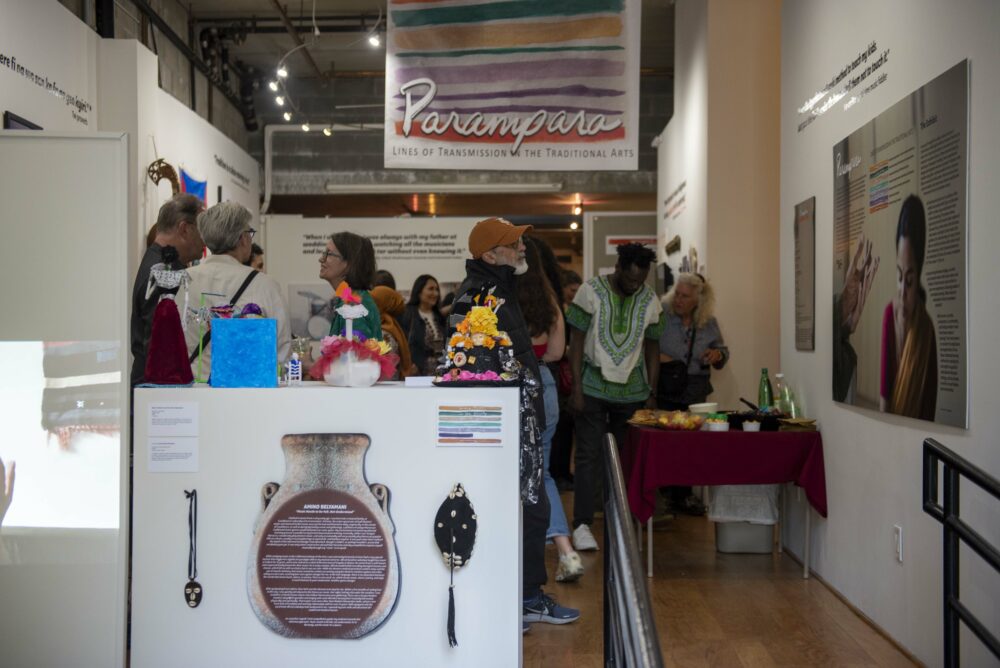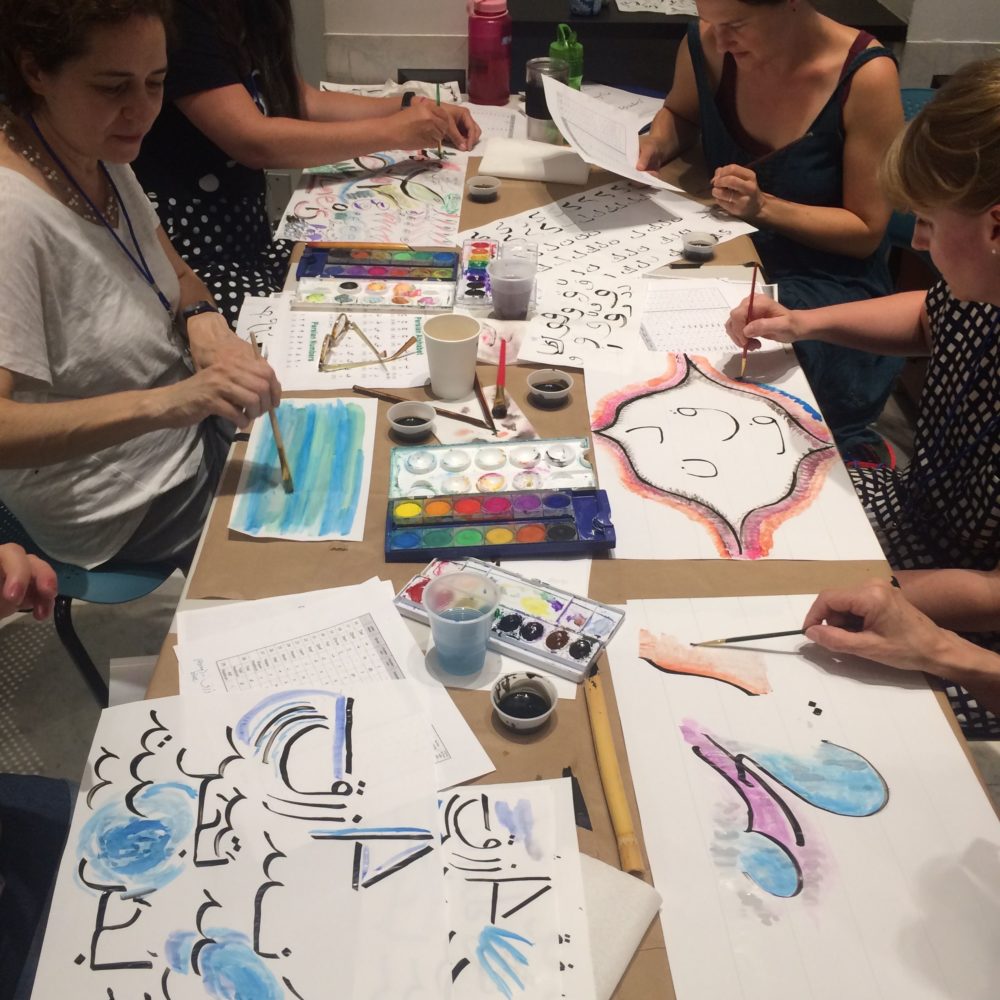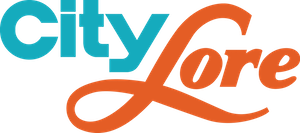Looking, Exploring, Connecting, Discovering, Engaging, Sharing



Our Values
Our program design draws on the research and principles of connected learning that brings together learning in the contexts of home, school, and peer culture. Core to our program design is an emphasis on folk and traditional arts in addition to fine arts. Folk arts, which are rooted in and expressive of the cultural life and heritage of communities and groups who share a common identity, are a rich resource for making connections between schools and students’ experiences outside of school. Often learned informally and embedded in the daily lives of family and communities, traditional arts constitute an important part of the “funds of knowledge” that students bring to schools. They are a rich source of complex cultural meanings on which all students, independent of their families’ education, language, wealth, or status, can draw on as thinkers and creators.

People & Scholars Who Inspire Us
City Lore’s arts education pedagogy is rooted in a constructivist approach to teaching and learning by scholars such as Jerome Bruner that values active, contextualized learning in which students construct knowledge through experiencing, analyzing, and reflecting. It also draws on the philosophy of cosmopolitanism as defined and developed by cultural theorist Kwame Anthony Appiah, who argues that students today need to be prepared to live and thrive in an increasingly interconnected world. Lastly, our pedagogy is decolonialist, inspired by scholars such as Anibal Quijano who reject the perceived universality and superiority of Western knowledge and culture.
City Lore Core Practices
- Looking at arts in community and cultural contexts
- Exploring and honoring origins and adaptations
- Connecting to students’ own cultures, traditions, experiences, neighborhoods
- Incorporating folk and traditional arts in meaningful ways
- Inviting community members and guest artists to share their experiences and practices
- Including and honoring stories and perspectives that are often left out
- Engaging in first-hand research
- Teaching Artists sharing and incorporating their stories, paths, and modes of learning
City Lore Tools for Research and Reflection
- Interviewing
- Interpreting and analyzing artifacts & objects
- Close listening and observing of recorded & live performances
- Gathering, collecting, & documenting materials
- Field trips
- Neighborhood walks
- Visit to artist studios
- Visit city and community institutions
- Virtual field trips
- Journaling
- Sharing in school and community settings



